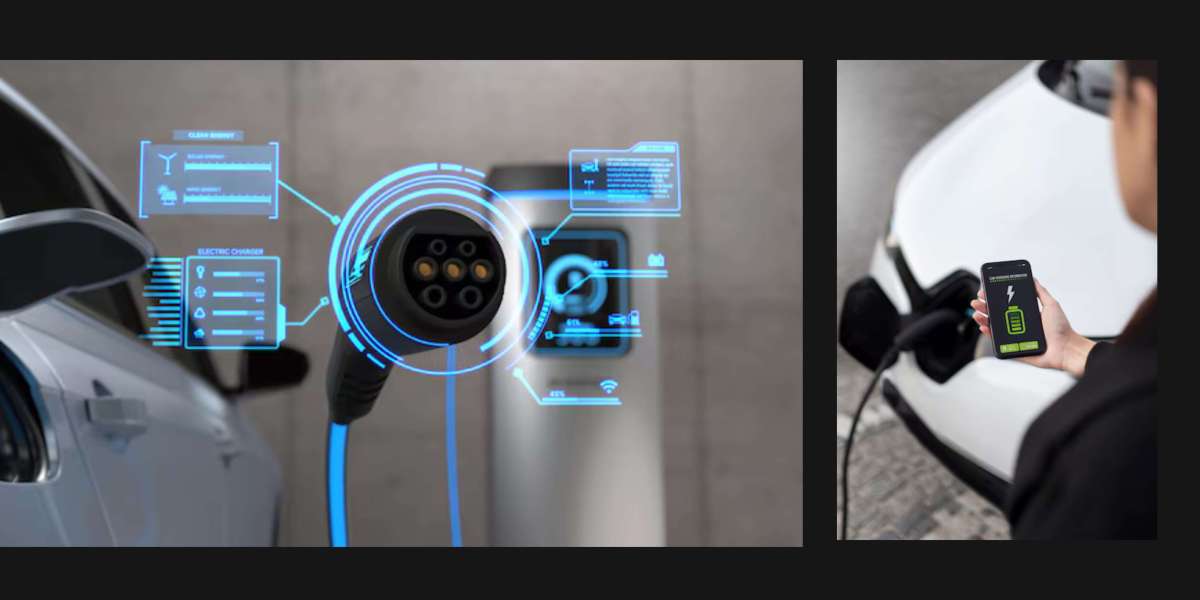Understanding Electrical Load Capacity
Every home has a maximum electrical load capacity, the total amount of electricity the system can handle without overloading. Most modern homes have a 100-amp or 200-amp service panel, and adding an EV charger can significantly increase energy consumption.
EV chargers typically range from Level 1 (120V) to Level 2 (240V). While Level 1 chargers use a standard household outlet and require minimal power, Level 2 chargers demand a dedicated 240V circuit, which places additional strain on your electrical system. Homeowners must evaluate whether their current panel can support the extra load or if an upgrade is necessary.
Checking Your Home's Electrical Panel
Before installing an EV charger, a professional electrician will inspect your home's electrical panel to determine enough capacity to accommodate the charger. Some key considerations include:
Available Amperage: The electrician will check how much power is already being used by existing appliances and whether there is enough remaining capacity for the EV charger.
Circuit Breaker Compatibility: EV chargers require a dedicated circuit, meaning they cannot share a breaker with other appliances.
Panel Upgrade Requirements: If your home has an older 100-amp panel, you may need to upgrade to a 200-amp service to accommodate a Level 2 charger safely.
Dedicated Circuit Requirements for EV Chargers
An EV charger requires a dedicated circuit to ensure safe and efficient operation. This means the charger has its breaker in the electrical panel, preventing interference with other home appliances. The size of the circuit depends on the power requirements of the charger:
Level 1 Chargers (120V, 12-16A): These chargers require a standard household outlet but charge much slower.
Level 2 Chargers (240V, 30-50A): These require a dedicated 240V circuit with an appropriately sized breaker and wiring to handle the higher amperage.
A professional electrician will calculate the proper circuit size to prevent overloading and ensure the system functions correctly without tripping breakers or causing electrical hazards.
Load Calculations for EV Charger Installation
Before installation, an electrician performs a load calculation to determine if the charger can be safely added to your home's electrical system. This involves:
Assessing Existing Load: Calculating the total power usage of all major appliances and electrical systems in your home.
Adding the EV Charger Load: Factoring in the additional power consumption of the charger to see if it exceeds the panel's capacity.
Determining the Need for an Upgrade: If the total demand is too high, an upgrade to a higher-capacity panel may be required.
Upgrading Your Electrical System for EV Charging
If your home's electrical panel lacks sufficient capacity, upgrading it may be necessary to support the EV charger safely. A panel upgrade involves replacing the existing service panel with one that can handle a higher amperage, ensuring your home's electrical system can manage daily household usage and EV charging without risk of overload.
Professional Installation for Safe and Efficient EV Charging
Attempting a DIY installation or hiring an unlicensed electrician can result in code violations, safety hazards, and inefficiencies. A professional electrician ensures that:
- The EV charger is correctly integrated into your home's electrical system.
- The installation complies with local regulations and permits.
- Load balancing is adequately assessed to prevent electrical failures.
Working with a qualified residential electrical services provider for homeowners considering EV charger installation ensures a seamless and hassle-free experience.
Power up your EV at home—safely, efficiently, and hassle-free!
Installing an EV charger at home is a wise investment, but it requires careful planning and professional expertise to ensure compatibility with your electrical system. By assessing your electrical load capacity, ensuring proper circuit installation, and considering necessary upgrades, you can enjoy the convenience of home charging without compromising safety. For expert residential electrical services, including EV charger installations, homeowners can rely on trusted professionals at theaudioguy.ca.



